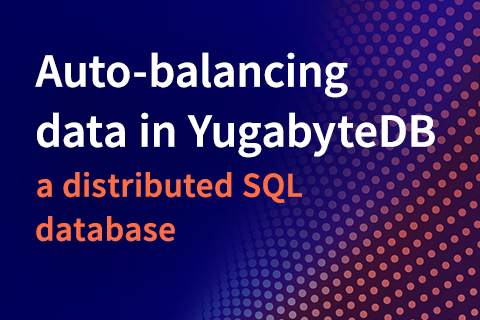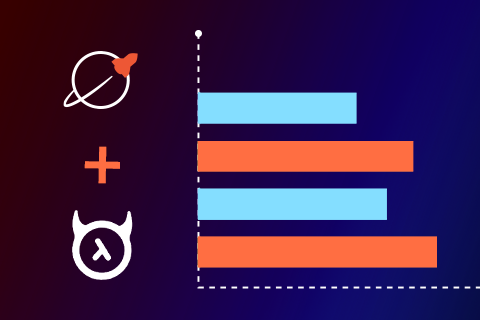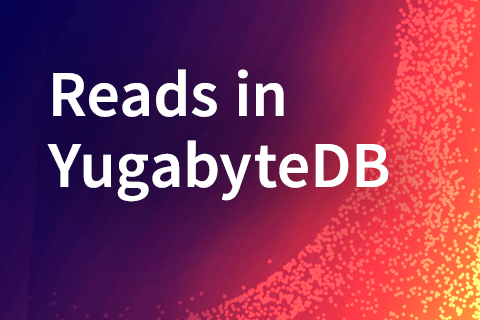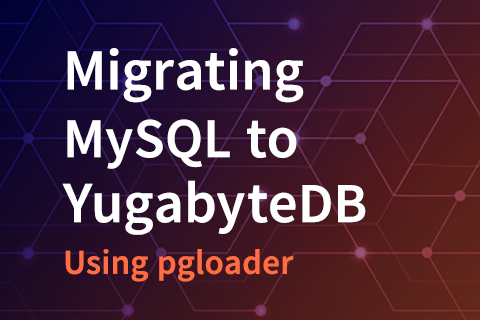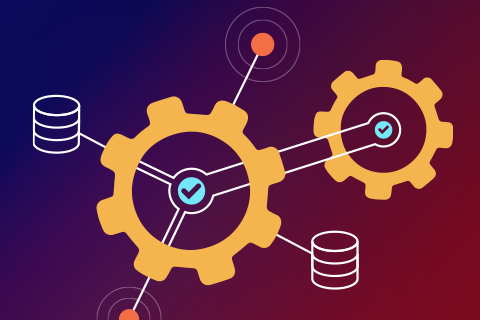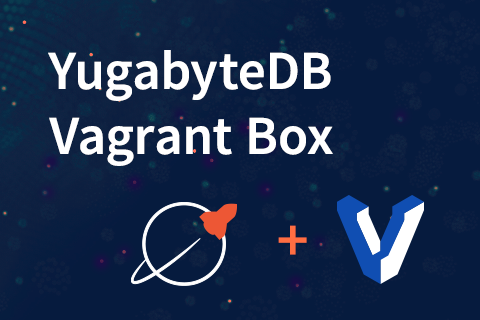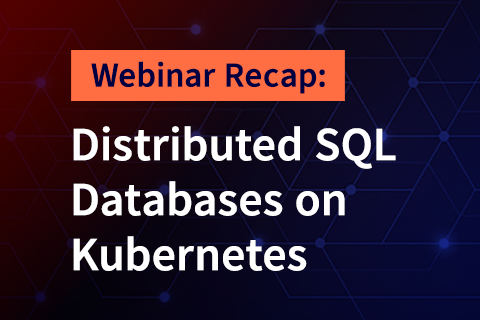How Xignite Delivers Financial Data at Scale
At Distributed SQL Summit Asia, Qin Yu – VP, Engineering, Xignite – presented a talk on how Xignite uses YugabyteDB to power its technology infrastructure to meet the current and future data needs of its financial services and fintech customers.


